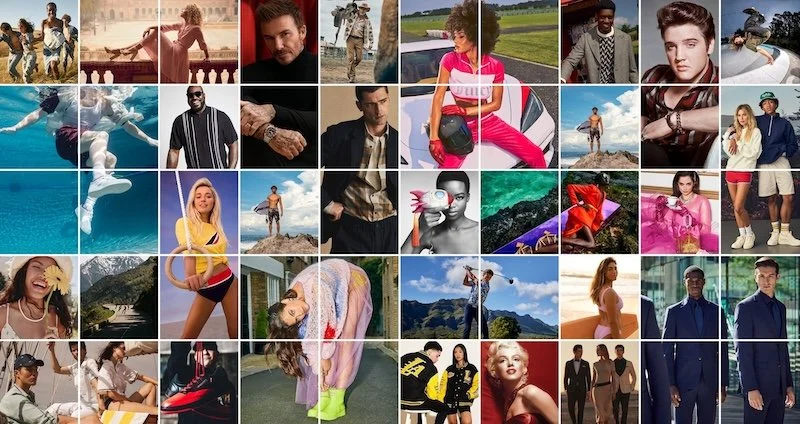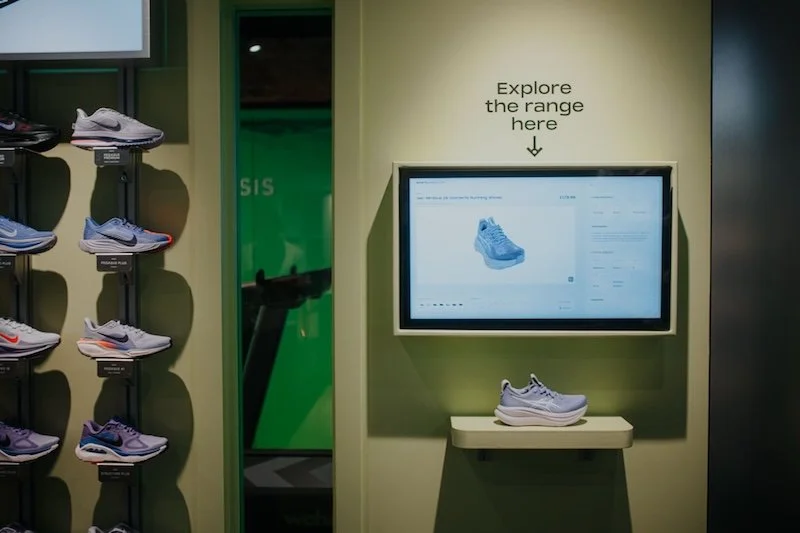Ray-Ban’s Meta Smart Glasses showcase the future of augmented reality for consumers
EssilorLuxoticca partnered with Meta (formerly known as Facebook) to create a collection of smart glasses under Ray-Ban.
With its latest update released on April 2024, the current frames are the first to support live streaming and fully integrated Meta AI features. The design allows wearers to interact with their surroundings and even use prescription lenses while having hands-free smart connectivity.
The Meta View app is the main hub for using Ray-Ban Meta’s functionality. Combined with its AI, users can toggle calls, music, photos, streaming, messaging, and live information.
As these features steadily enhance and refine, the sophistication of augmented reality (AR) applications may be shifting the entire trajectory of consumer culture.
The Ray-Ban Meta eyewear partnership
The eyewear partnership was announced in 2020, but the fruits of this collaborative effort started to blossom with the brands’ latest model.
The current line of Ray-Ban Meta available for purchase uses the same high-quality make seen in Ray-Ban’s prescription sunglasses while integrating smart functionality with Meta’s software. The entire collection boasts 21 styles, including the iconic Wayfarer frame popularised by Ray-Ban.
The original Wayfarer collection has essentially the same aesthetic as the smart variant, even coming with an option to have prescription or transition lenses that adapt to lighting. Where the Meta collection varies, at least visually, is in its inclusion of tiny cameras on the frames and small mics throughout (including one in the nose bridge).
The five-mic system ensures crisp audio transmission from every angle while still allowing the wearer to remain aware of their immediate surroundings. The new models also have a more noticeable privacy LED light. As for imaging, the new Ray-Ban Meta comes with improved 12MP cameras that can take photos and videos in real-time.
From there, any captured media can be live-streamed or shared using the Meta View app. Users will need a Meta account and a trusted smartphone to link with. Any mobile device with Android 10 and above or iOS 14.4 and above should be compatible.
It’s worth noting that Meta AI’s most robust features were initially exclusive to the United States (US) but have since been made available to other regions, including the United Kingdom (UK).
The future of AR for retail
What does the existence of an advanced smart device built for daily wear mean for retail? Storyblok’s survey of consumers and business leaders revealed that UK businesses prioritise AR in future marketing efforts.
On the other end of the spectrum, consumers in the region are still unsure how this will impact their shopping habits. It’s an interesting contrast to US consumers, with 57% saying it would actively help them make purchasing decisions.
It seems the main factor that could ease consumers over to the side of AR is the release of products like the Ray-Ban Meta, which inherently makes the adoption of AR easier. Its ease of use appeals to various demographics, with the “Hey Meta” command being the star of the show in terms of convenience and accessibility.
With this AI powered functionality, users can ask for information about the weather and other aspects available via internet connected assistance. Even more relevant for retailers in the future, users in the Early Access programme can now use the voice command to look for more details based on what the wearer is currently looking at.
By assessing data from the sunglasses’ built-in cameras, Meta AI then looks up relevant information and relays it to the wearer.
Potentially, Ray-Ban Meta users will be able to look at any item and ask Meta AI to look for the nearest store to purchase said product. Current commands are already being tested, including AI offering recipes and describing the wearer’s surroundings.
With these features already being developed, it’s easy to see a future where shoppers can get AI assistance in-store or are directed to retail spaces with complete information on availability, prices, and foot traffic.
The Centre for Data Ethics and Innovation’s survey on AI perception reveals that a third of the UK public already use chatbots on at least a monthly basis in their personal life.
Ray-Ban’s smart glasses have already seen considerable leaps in audio and camera quality despite the relative infancy of the collection, so further maximisation of its AR capability in retail will solely rely on the gap between people and their trust in AI.
And as this gap already looks to be getting smaller in 2024, it’s only a matter of time before consumers interact with the world around them in an entirely new way.






























Continue reading…